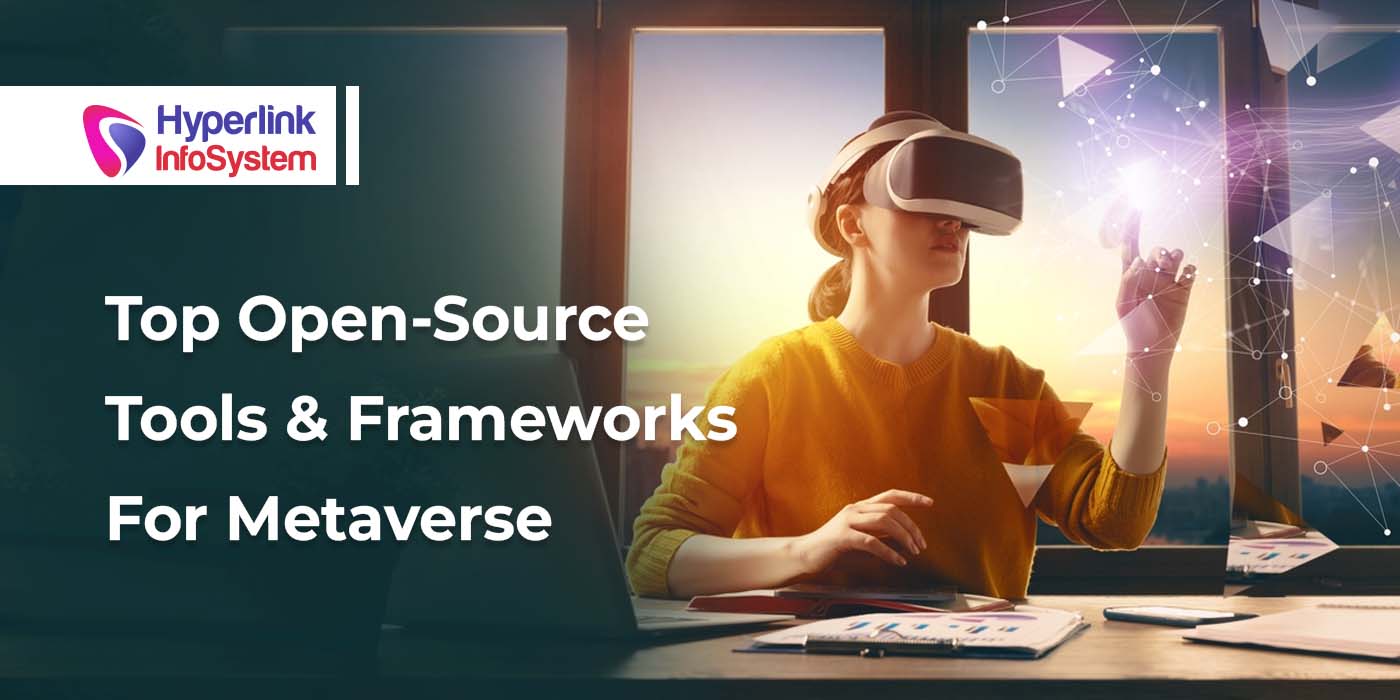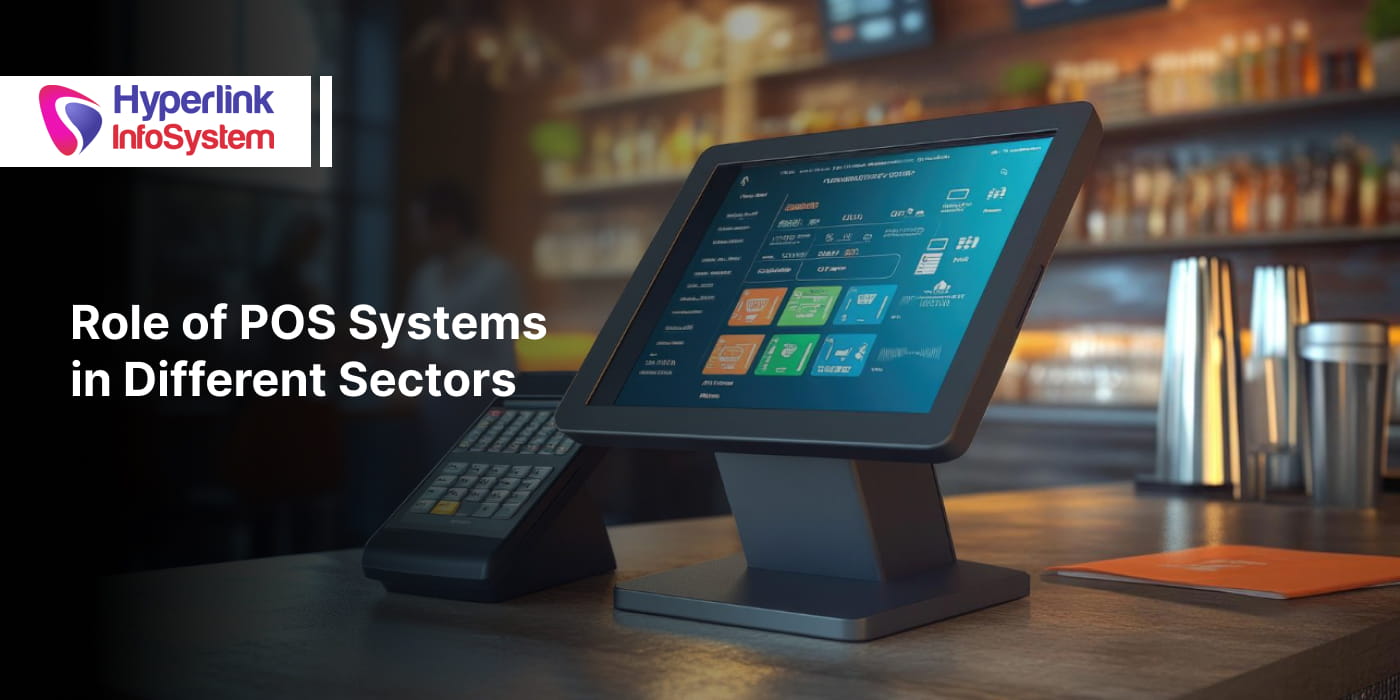The metaverse offers many opportunities for developing applications and services. With the metaverse gaining attention across a variety of sectors, a number of tools and platforms are appearing to help coders develop for it.
In this article, we examine seven tools and frameworks for developing metaverses. Our picks are all open source — which will make them attractive for programmers seeking alternatives to proprietary platforms and the metaverse development tools of major companies.
While we can't say for sure which projects will come to dominate the open-source
Metaverse development scene just yet, the tools and frameworks detailed here stand a strong chance of becoming key resources for metaverse developers.
Here, we take a look at eight metaverse development tools and frameworks. While it’s too early to tell which projects will dominate the open source metaverse development scenario, the tools, and frameworks detailed here are attractive to metaverse developers because they are all open source. This means that programmers who want to avoid being locked into large enterprises or proprietary platform metaverse development tools will find these options appealing.
1) HyperCube
Hire Metaverse developers who are interested in creating a decentralized platform should take a look at the HyperCube project. Its intended uses include powering the HyperVerse, an extended-reality environment that could be considered a form of the metaverse. The project is not yet fully mature, but it is worth considering for coders who seek integration between metaverse apps and the blockchain ecosystem.
2) JanusWeb
JanusWeb is an open-source, developer-friendly metaverse programming framework that focuses on creating immersive 3D experiences in web browsers that use Three.js or WebGL rendering. While its scope is currently more limited than that of XREngine, which aims to be a more general-purpose metaverse platform, JanusWeb is a good place to start if creating 3D worlds is your main goal.
3) XREngine
XREngine is an ambitious project that aims to make metaverse development "as easy and natural as making a website." To do that, the project bundles a variety of open-source tools to create a metaverse development framework that provides tooling for 3D world creation, voice- and video-based communication, user management, and much more. As of mid-2022, XREngine will be an important open-source development framework to know.
4) Webaverse
If you're a metaverse developer who's into open source, you'll probably really like Webaverse. The platform's mission is to "shift the power from a few big tech companies to users and creators" within the context of metaverse development. Webaverse tries to do that by providing a fully open-source, customizable "metaverse engine" for anyone to use as the foundation for their own metaverse. The only requirement for hosting it is having Node.js 17 or later available.
5) WebXR Device API
For many metaverse development use cases, direct access to hardware devices is essential. The WebXR Device API is designed to simplify this process by providing developers with a standardized approach to accessing virtual reality and augmented reality hardware from web applications.
6) Blender
The open-source 3D platform Blender has been around for much longer than anyone has been talking about the metaverse. However, it remains the go-to solution for creating and manipulating 3D visualizations in the open-source ecosystem. This makes it a key platform for developers working on 3D metaverse applications.
7) Open Metaverse Interoperability Group
It's important for product managers to stay up-to-date with resources that will help them
build applications for Metaverse. One way to do this is to follow the Metaverse Interoperability Group (OMI). The OMI's mission is to create open standards for metaverse development, so that applications, services, and platforms can easily integrate with each other. This will make it easier for product managers to build products that are compatible with the metaverse.
8) Decentraland
Decentraland is a single-layered metaverse platform divided into equal grids. The land is a term used to describe every single coordinate. There is a limited supply of land, so only the community can create more through Decentraland DAO (a decision-making tool for LAND and MANA holders).
Conclusion
Developing a metaverse project is not easy nowadays. But who said that you can only build it from the scratch? Here we’ve discussed some most important development tools and frameworks for developing metaverse. Try any of these Development frameworks for your next metaverse project and experience how great I may be working for you.
The web is always changing and that means the way we experience it is too. It's important to think about the different ways people will experience content on the web, especially as we move into more immersive and spatial computing devices. We need to make sure that these virtual worlds are open and accessible to everyone, which is why collaborative open source software movements are so important. The metaverse is an exciting possibility and one that can only be realized through working together.
Also Read:























